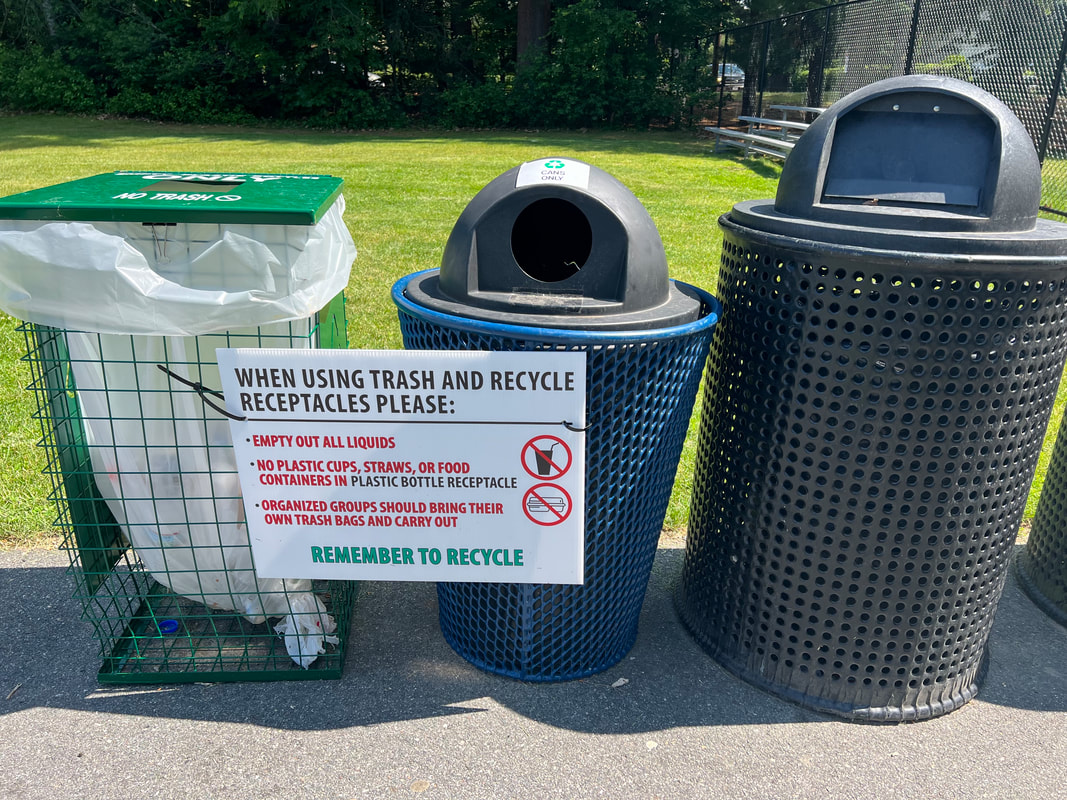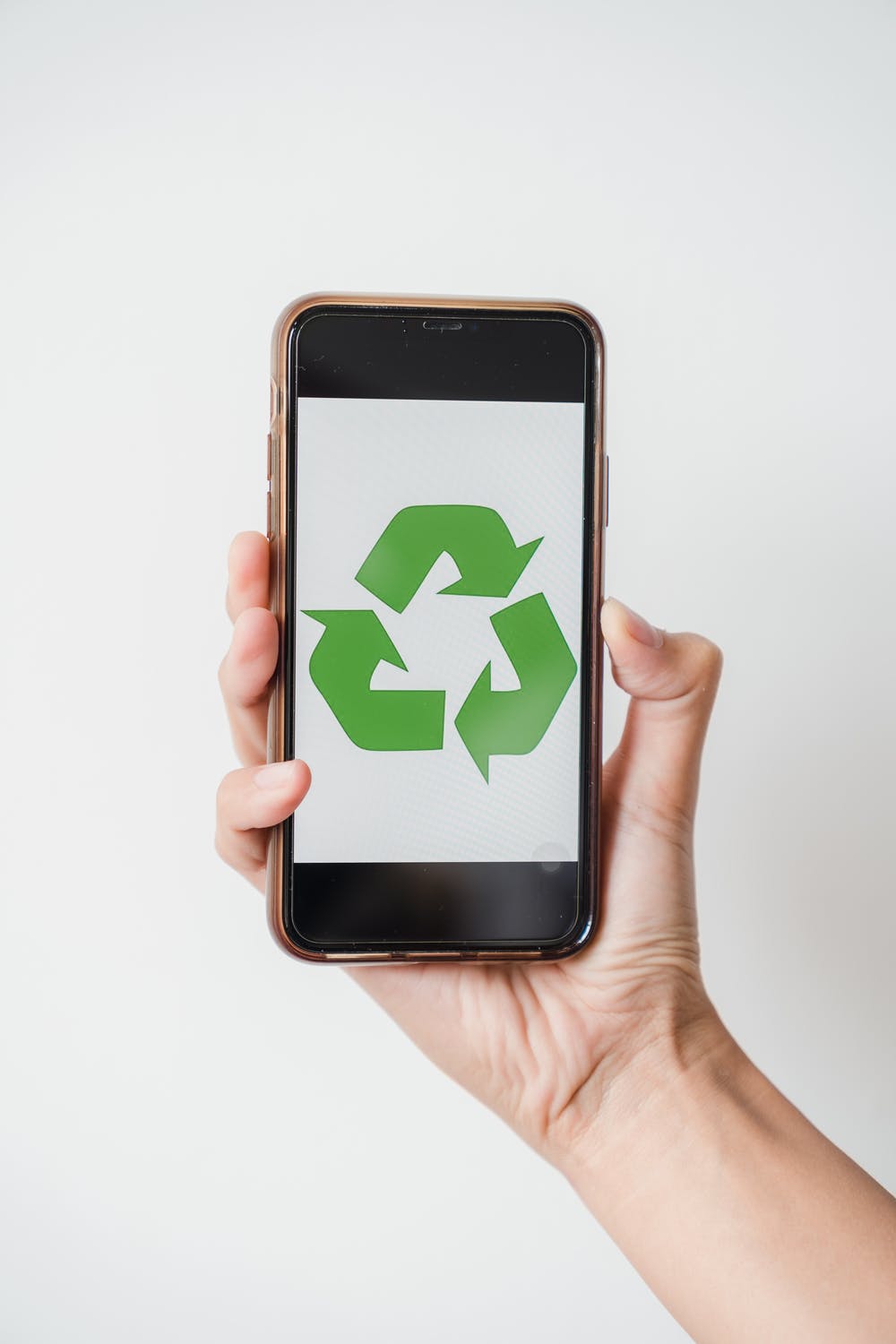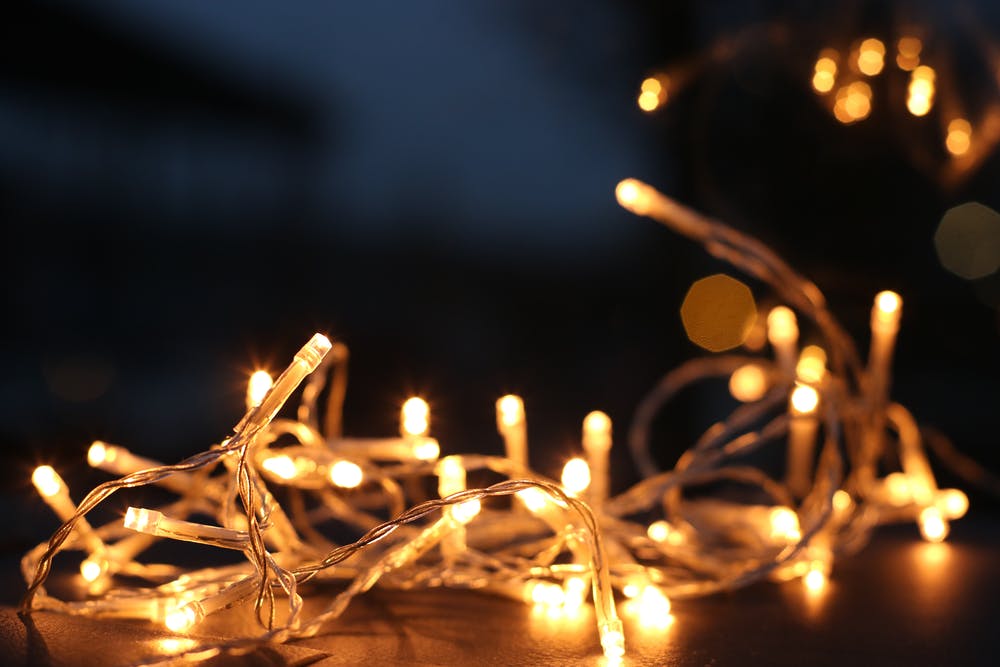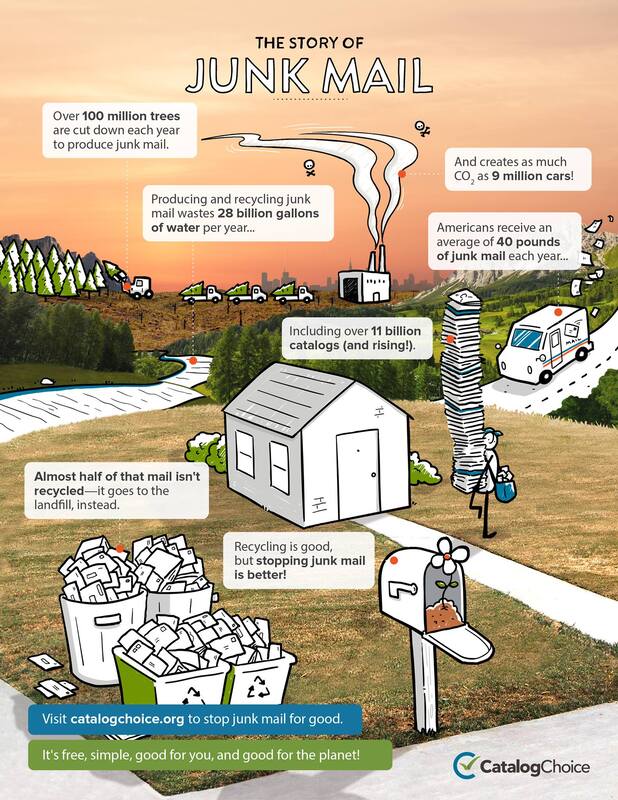|
Remember to recycle when enjoying Wellesley fields and playgrounds! The Wellesley Department of Public Works (DPW) has worked with the Climate Action Committee and Natural Resources Commission to install plastic bottle and aluminum can recycling receptacles at 26 locations throughout the Town’s athletic fields and playgrounds.
Help keep Wellesley clean and green by using these receptacles! PLEASE REMEMBER TO: Pour out all liquids in your container before disposing. NO PLASTIC CUPS in Plastic Bottle Only receptacle. Aluminum cans only in Cans Only receptacle. Wellesley’s clean recycled product generates revenue for the Town. When these recyclable containers are contaminated with other waste, this material cannot be accepted as recycling and becomes a trash cost. Visitors are strongly encouraged to carry out waste whenever possible, take it home and properly recycle this waste. Organized groups and/or gatherings should always carry out waste as required by their permits. For more information or feedback on this program please e-mail DPW at [email protected]. Written by: Eliza Letteney
Consume Less, Fix What You Have, Pass Used Equipment on to Others Most of us carry cell phones and use technology daily if not hourly. But once equipment breaks or becomes dated, what is the best way to dispose of e-waste? Why should we properly recycle it, and let's be real, where does it go? What To Do With E-Waste? In Wellesley you can recycle old televisions, cell phones, computers, monitors, and other appliances at the Wellesley Recycling & Disposal Facility. These recycled devices are picked up by a contractor hired through the Northeast Resource Recovery Association (NRRA) – a nonprofit that helps communities manage their own recycling programs – and “stripped for components.” Other local options include free recycling programs at Apple, Microsoft, and Amazon. When you drop it off, ask where products end up after you drop them off. Why Renew, Reuse or Recycle? Electronic waste is the fastest growing waste stream in the world. Between 2015-2020 global electronic waste increased 21 percent to 53.6 million metric tons, according to the United Nations Global E-Waste Monitor, and in 2019 less than 20 percent was recycled or reused meaning that most ends up in landfills or is burned. The Basel Action Network (an e-waste watchdog group based in Seattle) partnered with MIT to find that “recycled” electronics often end up in landfills across the world, in counties in South and Central America, Asia, and Africa. Some recycling facilities overseas extract precious metals from devices by burning plastics and, in doing so, pollute the environment with dioxins, a cancer-causing chemical with disastrous ramifications for both human life and nature. Some attribute the rise in e-waste to the difficulty of recycling the complex plastics in electronics (laced with metals, chemicals, and flame retardant) as well as the cultural acceptance of buying newer, sleeker models and discarding still-functioning devices.. While we wouldn’t want to discourage you from recycling, the goal here is to recognize that recycling e-waste is not a perfect solution. It may be more helpful, instead, to refrain from buying new devices in situations where repairs are possible. For those looking to fix or improve their devices, Wellesley has some great local options. Fix it! Wellesley resident Eric Pinsker-Smith fixes electronics and also conducts small engine and automotive repairs. He began his company, Just Ask Eric, in August of 2021 and specializes in tricky diagnostics. Whether you have a busted snowblower or glitchy computer, Pinsker-Smith is a great local resource. Other local businesses like Cellaxs Phone Repair in the Natick Mall provide options for those looking to repair not replace. Keep in mind that often tech issues that seem insurmountable can be overcome. It just takes a change in mindset to consider seeking out service when we would otherwise call it a day and find a replacement. Keeping devices longer and managing individual contributions to the global e-waste problem can make a difference as consumers await development of sustainable tech solutions. Share the love - Donate One last thought, if you are replacing a phone or other tech product that still works, consider deleting the data and donating the item to a local charity or to larger organizations like these: Medic Mobile, to support community health workers around the world; Cell Phones for Soldiers, to provide service to active duty military members and veterans. Think twice before tossing something that can make a difference. Do you have broken holiday lights?
Have you switched to new LEDs but still have old working lights you don’t know what to do with? If they are still working, consider a donation. Goodwill takes Christmas decorations, including working lights. Also, Facebook groups such as Buy Nothing Wellesley or Wellesley Give and Take would be another great place to find them a new home. If they are broken, and you can’t fix them, Don’t throw them in the trash! Electrical elements can corrode and cause dangerous chemicals to seep into landfill soil, causing potential contamination. The Wellesley RDF recycles the copper wires in string lights, if you drop them off on the “copper” bulk bin (located right after the consumer recycling sorting area, in the bulky items area on the left). Home Depot and Lowe’s will also accept old lights for recycling, so let others outside of Wellesley know they can ship old lights to Holiday LEDS Recycling by regular mail. Another option is to mail broken lights to Christmas Light Source any time of year. They work with a local recycling company that breaks down the lights and recycles the copper, glass, and plastic. The Christmas Light Source organization takes the proceeds they receive from the recycling and uses them to purchase educational books and toys which they donate to their local chapter of Toys for Tots. Happy holidays! Save yourself from shlepping more things to the dump, save some trees and reduce the amount of trash that Wellesley sends to landfills.
You CAN reduce the amount of junk mail you receive. Go to www.catalogchoice.org, follow a few simple steps and Catalog Choice will do the rest. Every year, over 100 million trees are cut down to produce junk mail like catalogs, credit card offers and coupons that go into trash or at best into a recycling bin. Not to mention the amount of resources it takes to produce and distribute all that junk mail. Stop one frustration in your daily life by getting rid of your junk mail. To find out about additional opportunities to reduce, visit the RDF’s website here. |
Categories
All
|
Sign up for updates! |
Contact |
Support us! |
Follow us!Copyright © 2024 By Sustainable Wellesley
|





 RSS Feed
RSS Feed